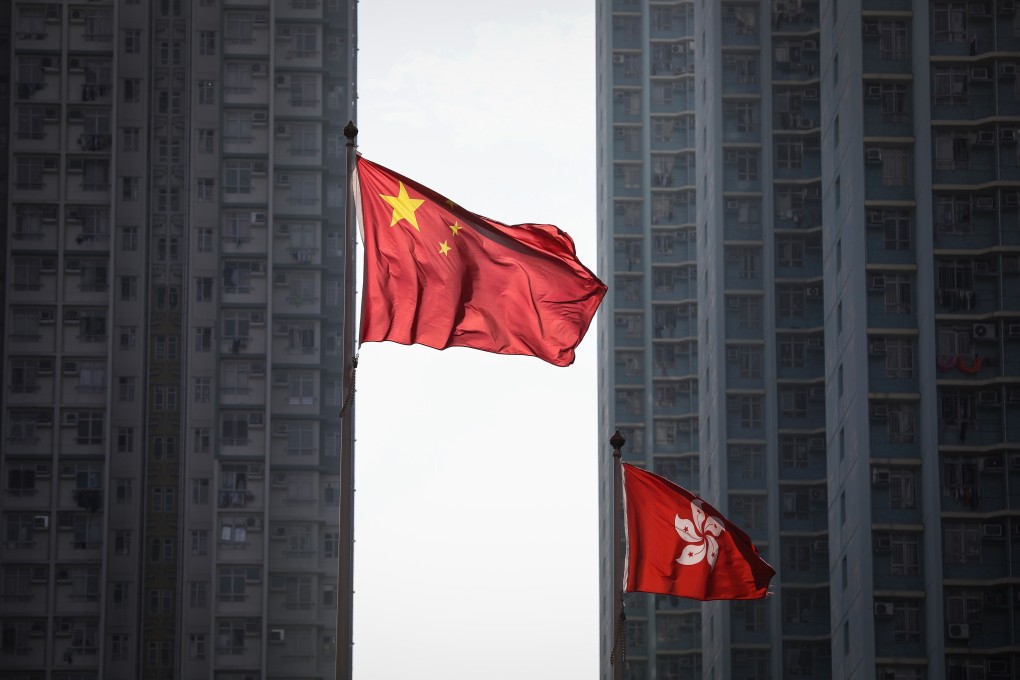National security law: Hong Kong delegates to NPC say US retaliatory measures will not weaken Beijing’s resolve
- Tam Yiu-chung, the city’s only member of the NPC Standing Committee, vows no U-turn on decision to introduce law despite Washington’s threat of sanctions
- ‘US failed to defeat China’ in previous conflicts, says Xia Baolong, Beijing’s top official on Hong Kong affairs

Hong Kong’s representatives to mainland China’s top legislature on Friday vowed to enlist support for the new national security law amid widespread opposition and anxiety in the city, stressing that Beijing’s resolve would not be weakened by any retaliatory measures by Washington.
There would be no U-turn on the decision to introduce the law despite such threats, Tam Yiu-chung, the city’s only member of the apex of the body, the National People’s Congress (NPC) Standing Committee, said as he and other NPC delegates met the media.
On Thursday, the NPC approved a new resolution to introduce a law tailor-made for Hong Kong, with the Standing Committee scheduled to meet next month to iron out the details before passing the legislation.
The move prompted the United States to warn of sanctions as it declared Hong Kong had lost its high degree of autonomy to Beijing, despite the latter’s promise to uphold the “one country, two systems” principle of governing.

05:11
Chinese Premier Li Keqiang on pandemic, China-US tensions and Hong Kong
But the city’s delegates shrugged off the warnings as they heard galvanising speeches about the need to press ahead with the law during the two sessions, sources told the South China Morning Post, including words from Xia Baolong, the director of Hong Kong and Macau Affairs Office (HKMAO).